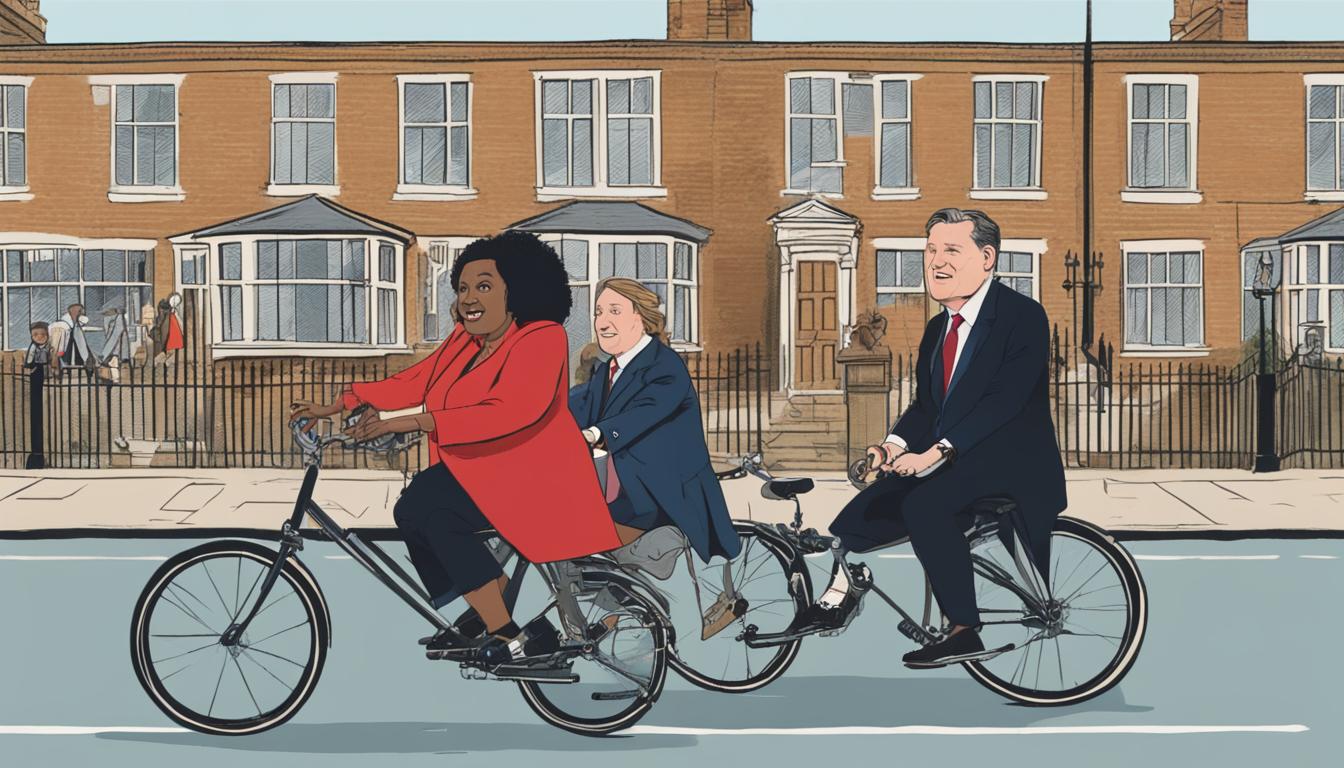As tensions escalate within the major UK political parties, Diane Abbott calls for the same acceptance extended to Tory defector Natalie Elphicke, illuminating the ongoing issues of party loyalty and internal conflicts.
Diane Abbott, a long-serving Labour MP, has requested that her party show her the same leniency that was given to recent Tory defector Natalie Elphicke. Abbott remains suspended from Labour due to remarks she made in a letter addressing anti-Semitism, for which she has apologized. In contrast, Elphicke, who joined Labour from the Conservative Party, has drawn criticism for her support of her husband during his sexual assault trial. Labour leader Sir Keir Starmer has defended welcoming Elphicke, stressing a desire for more inclusive and less tribal politics.
This development comes amid escalating tensions within both major UK parties, reflected in Starmer’s openness to accepting other party defectors. In related news, London MP Nickie Aiken denied rumors of her defection to Labour, affirming her commitment to the Conservative Party.
The political scene is further complicated by Labour’s Anneliese Dodds facing challenges in defending Elphicke’s admission to the party, amidst broader criticisms of Labour’s inclusivity and decision-making processes. This controversy occurs alongside warnings from Tees Valley Mayor Ben Houchen to Conservative Prime Minister Rishi Sunak about the need for party unity following poor local election results and Elphicke’s departure.
These ongoing issues highlight the current volatility and shifting loyalties in British politics, with parties grappling with internal dissent and strategic realignments ahead of future electoral contests.













